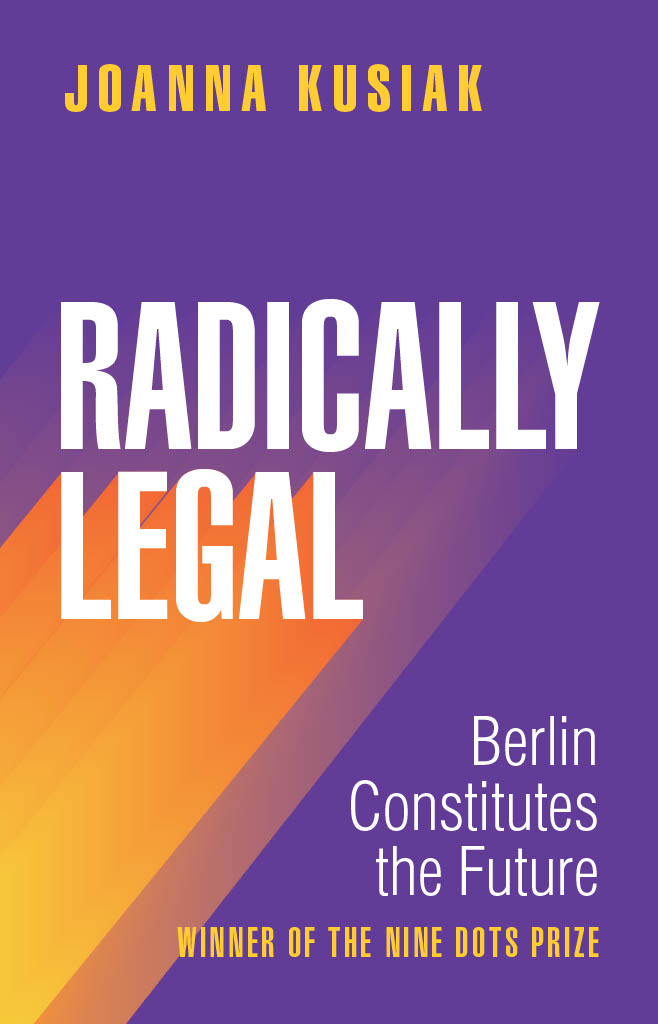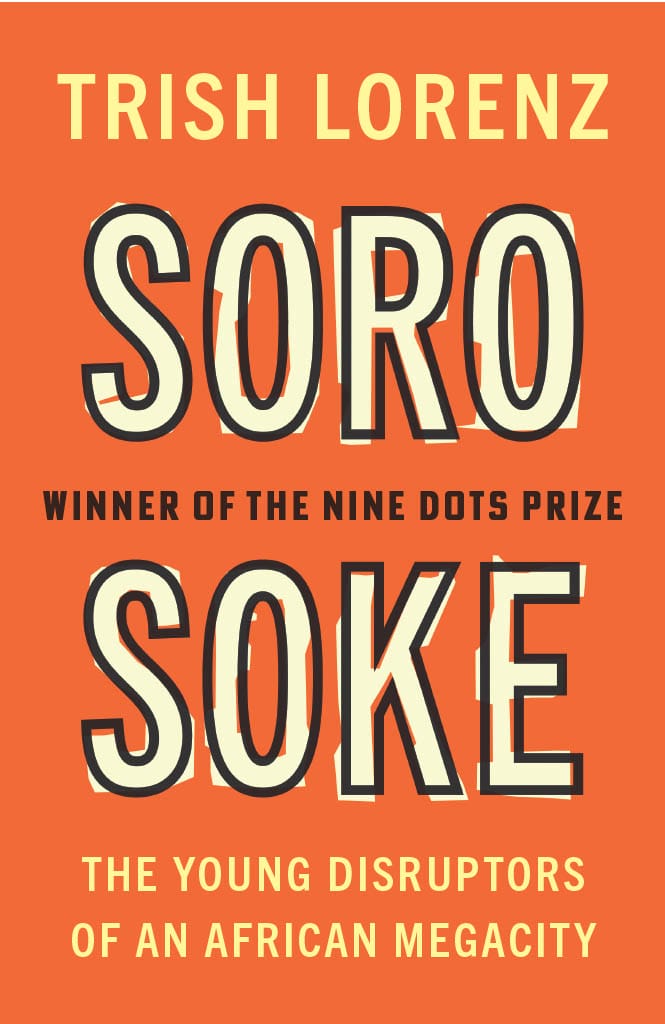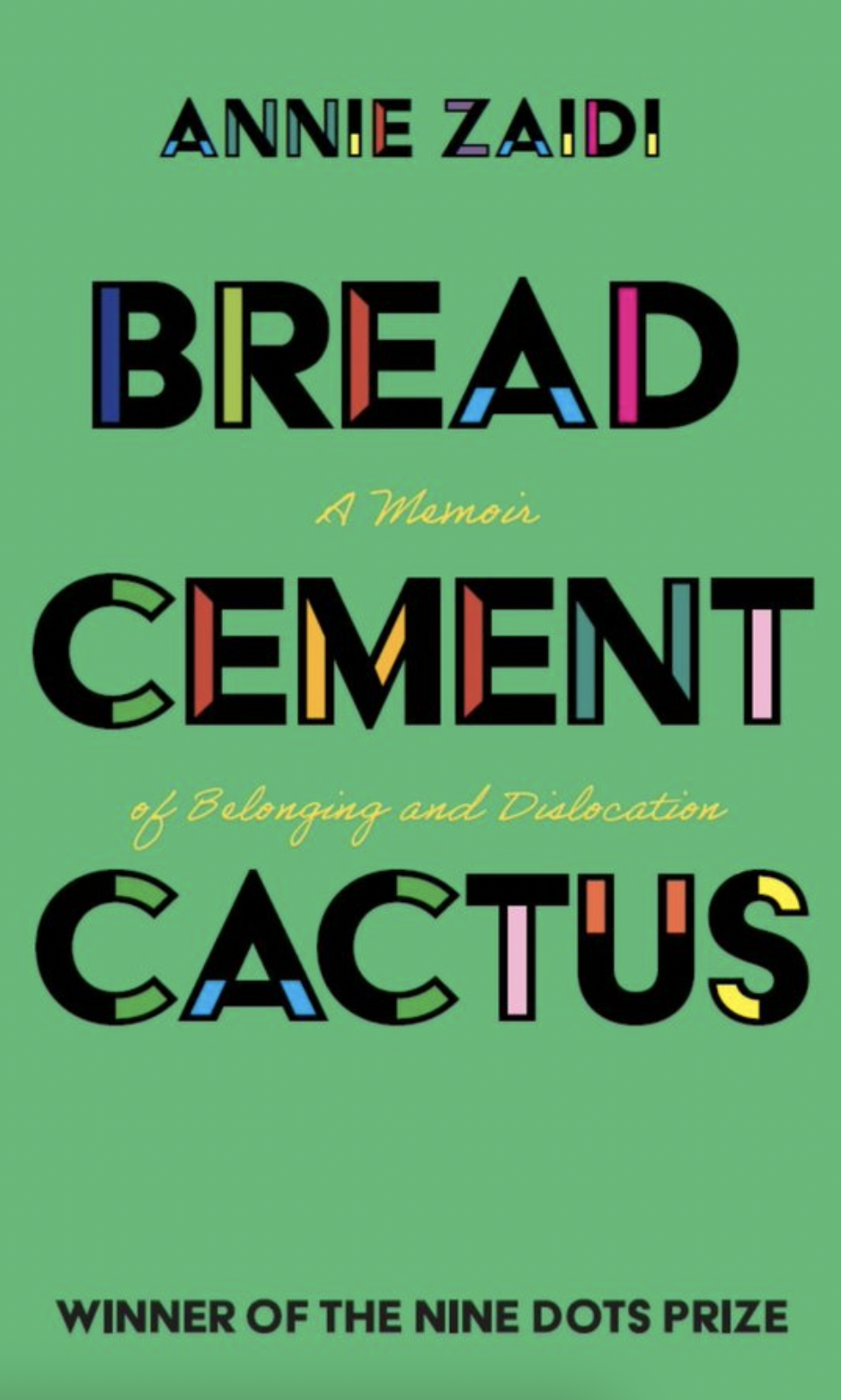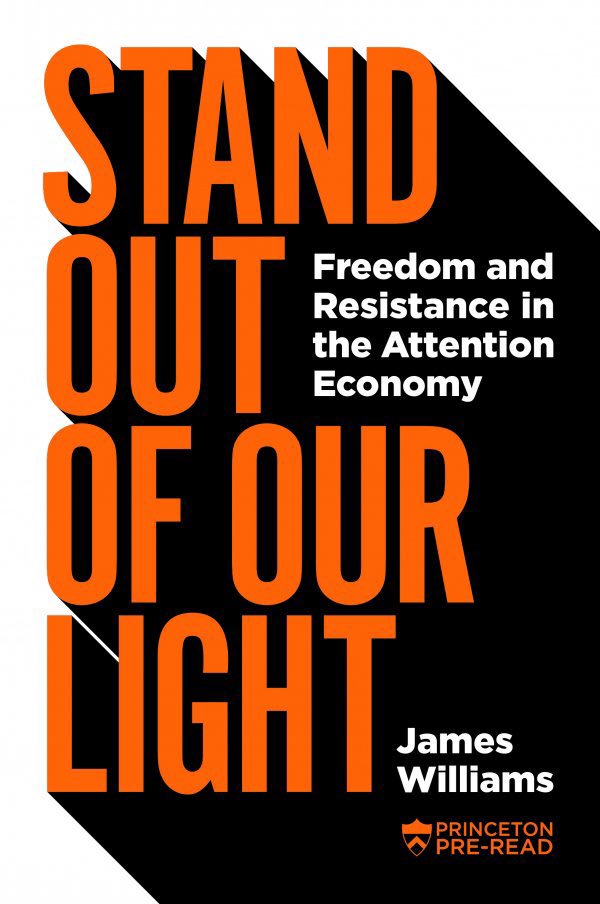Transcript of Nine Dot Prize podcast 2: The Importance of Hearing Diverse Voices
12 October, 2020
Jane Tinkler (Nine Dots Prize)
Hello, and welcome to this podcast for anyone considering applying for the Nine Dots Prize. I’m Jane Tinkler, Senior Manager for the Nine Dots Prize. We’re keen to encourage entries from as wide a range of people as possible. In this episode we’ll be looking at why hearing from a diversity set of voices is important and how we can make sure that everyone can contribute. But what about the question for this latest prize cycle – ‘Is There Still No Place Like Home?’ We asked people what the word home means to them.
‘A place that I consider to be my own.’
‘Where you live . . . relax (laughs), get warm and all that especially on a day like today.’
‘Home is where I keep my toothbrush.’
‘Where I can go and just forget about all the worries of this world.’
‘Home is unconditional love’.
Jane
So, what does home mean to you? We’re looking for as much variety in this year’s entries as possible. Whoever you are and wherever you are in the world, we want to hear from you. Our only requirement is that your entry is written in English.
Bibi Bakare-Yusuf
It matters to get voices from different groups, different societies, different age groups, different race, different class, different sexual identities, because our world is one of difference, first and foremost, and so it’s important to get those voices to expand our horizon.
Lee Hall
Most people who have the advantages to lead them into a particular professions like writing or the arts or academia, come from a very similar background. But you’ve got a bit of gold if you don’t.
Lopa Patel
I think solutions to problems can come from anywhere and can sometimes come from the most surprising of places.
Jane
The words of three experts who are passionate about giving under-represented communities and writers a voice.
Bibi
My name is Bibi Bakare-Yusuf, I’m the co-founder and publishing director of Cassava Republic Press, which started in Nigeria about 12 years ago, and our remit is to publish writers from the African world. So, it’s really about expanding a narrative and the stories of writers of African descent, and one of the things we also do is to encourage new writers in particular and women especially and voices that we don’t often hear about, so we are really interested in encouraging multiplicity of voices from the widest possible spaces in Nigeria and across the continent and in the diaspora as well.
Lee
I’m Lee Hall. I’m a writer. I come from Newcastle. I’d say from a very ordinary working-class background and I write about class, I mean that’s the subject I write about most. The two works which I think mean more to people than most of the things I’ve written are Billy Elliot and The Pitmen Painters – Billy Elliot’s probably more well-known – kid who wants to be a ballet dancer from a mining background – and the other story is again set in that mining community and it’s called The Pitmen Painters and it’s about a group of miners in the 1930s they took an education class to learn to paint. But the key for me was not about transcending class for either of those, it was that I passionately believe that everybody is creative in one way or another and it’s about them being able to access that creativity. But that working class and art seem to be oxymoronic – these are two things that shouldn’t go together. You have to be middle class to make art and I think that that’s clearly in my view stupid and erroneous.
Lopa
I’m Lopa Patel. I’m a digital entrepreneur, working in media, and I’m also the founder and CEO of Diversity UK – which is an equality and inclusion think tank, which looks at the issues and challenges faced by Britain’s diverse communities. I was born in Kenya, in East Africa and we came here in 1973 when I was nine years old. The racial element, it’s quite interesting, a lot of people when they first listen to me would say, ‘oh well but you don’t strike me as being Asian’. I don’t know whether to take that (laughs) politely or be affronted by it.
Jane
Why then does diversity and inclusion matter both for the Nine Dots Prize and for society more broadly?
Lopa
I think the business benefits are already well researched and understood. Obviously morally diversity and inclusion are the right things to do, it values the individual, it makes use of their experience and viewpoints and it produces a fairer working environment. What do you miss out on if you don’t do diversity and inclusion? Well I think you miss out on viewpoints, certainly you miss out, as far as the Prize is concerned, you miss out on the rich tapestry of people’s global experiences. We imagine that all the solutions will come from the West and I don’t think that’s the case.
Lee
I think one of the reasons why we’re in such an absolute mess is because the culture that supports so many of the political, scientific, technocratic solutions to things has come from this extremely small set of experience. It’s a nice club where your prejudices are seen as universals and common sense and accepted. And that those outside it have been convinced that they shouldn’t be allowed in. And I was lucky enough to have people tell me that that was bollocks and you’ve got every right to be there. But it is imperative that if you’ve got an inkling to say something especially if you’re not from the establishment or those classes that have got their hands-on power and hands on cultural influence, it’s imperative that we go in and say and give other perspectives.
Jane
Bibi Bakare-Yusuf feels that this year’s Prize question will have a particular resonance for writers from her part of the world.
Bibi
I’m really hoping that we get lots of applications from different part of Africa. Because I think that different parts of Africa would have conceptualised the concept of home differently. So, for example Yoruba’s, we have a saying where we say ‘the world is our market, heaven is home’. Especially at a period in human history where there is so much movement, like unprecedented movement. And Africans because of the economic situation of the continent, they are forced to leave home and take to the road or the sea. In the process many, many are dying. What motivates people to leave home, and what motivates them to stay behind?
Jane
What then can be done then to encourage potential writers from every background? Lee Hall draws on his own experience.
Lee
When we were doing our O Levels, as they were then, I remember the teacher explaining that they’d got an exemption from the exam board not to do Shakespeare ‘cos none of us would understand it (laughs). In a way I think it was a really good thing because we studied other things – we did Lord of The Flies I remember. I was very lucky in the 70s in Newcastle because there was a movement to try and engage kids into drama, and really that’s how I ended up pursuing literature and drama. Then because I loved it I ended up doing quite well in my exams and going to Cambridge. And then realising when I got to Cambridge that I had, coming from this culture, a completely different vantage point to everybody else was a huge privilege in itself and a huge gift. I think where it clicked – I thought you had to write something, you had to write about posh subjects and it had to be proper and to be a proper writer – and then I realised duh! I should be writing about myself and the people I knew and the background I’m from, growing up in the North East during the miners’ strike.
Lopa
So, the question is what can we do to make sure diverse voices can be heard? Well the first thing is acknowledging that there is an issue – that’s a really good stance. At Diversity UK, we ask everyone to do an internal audit of their organisation. Are you a diverse team? Are you a diverse organisation? And if not, what kind of diversity do you want to encourage? You might want more women in your organisation. But it isn’t just about gender. It could be about race, it could be about LGBTQ – which is lesbian, gay, transgender etc. – or it could be about disability rights or it could just be about different viewpoints.
Jane
The judges for the Nine Dots Prize won’t know who the entrants are or their educational backgrounds or experience when they evaluate their entries. Bibi – who’s a Nine Dots Board member and will be one of those judges – thinks that’s important.
Bibi
For me, one of the things I find really attractive about this Prize is the fact that we are not going to know the names, where they are coming from. It’s anonymous! It should encourage more writers from diverse backgrounds and the reason being is that you then feel you have more of a chance. So, we as judges we are having to judge people’s writing purely on the merit of their writing and I think that’s really exciting. It’s a bit like online dating, you know until you meet the person you don’t know what size, what shape or anything.
Jane
Here at the Nine Dots Prize, we’re keen to encourage entrants who may not come from the obvious fields of academia or journalism – indeed, who people may not have done much writing before but have brilliant ideas to discuss. What advice do our experts have for less experienced writers? Let’s start with Lopa Patel.
Lopa
Setting a deadline helps. So, you might say, by the end of the week I want to have achieved a title for example for my piece. Then I think you need to write some bullet points and then break down your idea into constituent parts. My strategy’s write a little but write often and then come back to it the next day and write some more and come back to it the next day and write some more. Break it down into smaller pieces so it’s not such a huge sort of, you know, insurmountable challenge. By this time, you’ve probably got a lot of words, you need to kind of add a little bit of structure. My structure is always the summary in the opening paragraph. And then write some sub headings to break it down and make sure that each paragraph under the sub heading is substantial enough before you move on to the next point. If you run out of ideas then I would suggest doodling in the margins until you get some more ideas (laughs) but the key thing is to keep going, keep going.
Bibi
Life happens to us, we are having children, we’ve got work, full time jobs and activities to do. So, you can just think, every single day I’m going to take half an hour out of my day to carve out a time to just write. That might be first thing in the morning before you do anything. Just get a notepad next to your bed, write your morning page and then once when you have a free moment, you can begin to type it up and you can begin to see how it takes shape. If you have a recorder – a telephone – maybe you might just record yourself, your thought process. Just have a conversation with yourself and record and then transcribe later. But you have to remember that writing is a practice – it’s a muscle in your brain, in your fingers that you have to exercise all the time, and the only way you can exercise it is by doing. If you don’t go to the gym every day, every few days, then your muscles will seize up. The same thing with writing.
Lee
I think the main thing I’d say to people who haven’t done a lot of writing is you’ve got to do the bleeding obvious and most people who start writing who haven’t done it before are trying to be clever or trying to sound like what they think a proper writer. The key is to try and think what is the most simple way I can express my point of view – because your point of view is probably quite complicated so the most important thing to make it resonant is to try and streamline it. And then, which every writer will tell you, it’s 10% inspiration, 90% perspiration. But its 90% editing. You don’t have to get it right all in one go – you can go back as many times as you want. I was a year late handing in Billy Elliot, from what I promised the producers, and I just thought I’ll never work again. They’ll not entertain a writer who takes so long! It took a year extra to write it but, you know, now it’s – well it’s 25 years on since I delivered that thing and they’re doing it all over the world – it didn’t matter at all.
Jane
That may have worked for Lee Hall, but don’t forget that our deadline is definitely the 21st of January 2019. What do you think? Are you going to enter? The winner will get $100,000, a book contract with Cambridge University Press, and the chance to spend some time at the Centre for Research into Arts, Social Sciences and Humanities at the University of Cambridge.
We hope this podcast has inspired everyone listening to consider entering for the Prize. Many thanks to our experts – Lee Hall, Lopa Patel and Bibi Bakare-Yusuf – and what final words from them to encourage you if you are still hesitating.
Lopa
If you are from Black, Asian or Minority Ethnic community and you are looking at the Nine Dots Prize and you really want to enter but you’re not sure. What I would say to you is marshal all your thoughts, and I think the key thing is to build up all your confidence because your experience is actually going to be very critical to the entry you make. And it might be the winning entry. I encourage you to think in simple terms about what it is you are trying to solve, and encourage you to build confidence in yourself to make an entry to the Nine Dots Prize.
Lee
There is a phrase in Newcastle, that I think is probably universal, shy bairns get nought. In the North East, a bairn is a child. So, I think if you are shy and don’t ask and don’t take part, you’ll get nought. Give it a go, give it a go because you are bound to think, if you are not from a privileged background and that’s privileged in any way, that you are going to think that what you’ve got to say is not going to be as important or as legitimate or as polished or as worthy as someone who has had some advantages. But its possibly precisely because you haven’t got all that polish and stuff that your work might stand out
Bibi
I would really encourage people who might feel a Prize like this is not for me, look at the Prize, it’s a $100,000 who is going to read the kind of stuff that I would write? I would say to you, who wouldn’t? Please write because your voice is important. It is necessary that we hear from all kinds of voices, from all kinds of people, writing about all kinds of different issues. If not you, who else?
Jane
Thanks for listening. You can find more details about the Prize, or apply, at www.ninedotsprize.org. Good luck!



